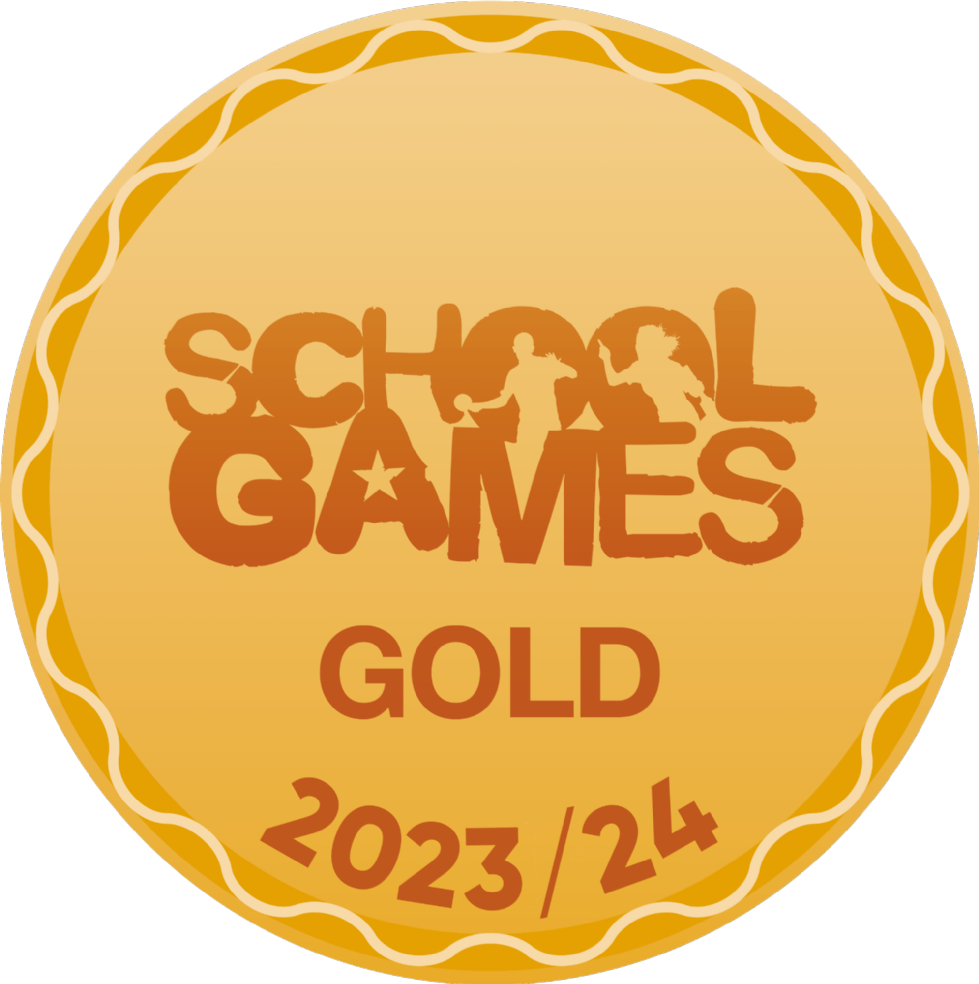English
At Church Crookham Junior School we believe that English is a vital part of the curriculum, underpinning the development of all curriculum areas, and social and emotional maturity. It uni
tes the areas of reading, writing, speaking and listening and handwriting. Our pupils are encouraged to develop both oral and written work discovering an understanding about how language can be used to communicate with others. These skills are essential for pupils to develop so that they can play their part in the wider community. English helps children to make sense of the world around them and to communicate to others. English is not seen as an isolated subject but that of a subject fundamentally related to the whole curriculum.

Approaches to Speaking and Listening
There are four strands of Speaking and Listening: Speaking, Listening, Group Discussion and Drama. These permeate across the whole curriculum and are seen by our school as essential to the development of English. Children build up a good understanding of the key rules for dialogue and are encouraged to apply these in both English and the other curriculum areas. Techniques are used to engage children so that standard of English skills is increased.
Regular activities are planned within each year group to meet the demands of the four strands of Speaking and Listening. ‘Talk for Writing’ is an approach that is often used by teachers.
Approaches to Reading
Shared Reading
Shared reading takes place in classrooms on a regular basis. This is outlined on the planning, as are the resources chosen to deliver this area. Children are encouraged to interact with the text during part of the lesson. The shared text is often used at the start of the unit of work to promote both the reading and writing skills which are to be developed during that particular component.

Guided Reading
Guided reading takes place in the classrooms on a regular basis. The class teacher organises the children into ability groups. These groups then meet with the class teacher regularly in order to develop their reading skills at their level. During this time children sometimes read independently, sometimes they read aloud within the group. The teacher then takes the opportunity to spend time analysing the text with them, checking for comprehension.
Independent Reading
Children are encouraged to select individual reading books from class libraries/school library and home to enjoy during school time. Class teachers and LSAs will sometimes hear children read individually where the need arises.
Phonics
Children spend time revising their phonic skills during the lower school where appropriate. This work can be delivered to the whole class, small groups or individuals depending on need. Class teachers assess this need on informal basis and act accordingly. LSAs are also used to support work with small groups and individuals.
Wider Reading
Children get at least a weekly opportunity to visit our school library. There they can choose a book which is then allocated to them for a week or two. Regular story time takes place in classes too.

Approaches to Writing
Spelling
Weekly or fortnightly spelling lists are given to the children to learn at home on a regular basis. These words are selected by the teacher in accordance with the spelling rule/ spelling strategies being taught. The teacher will select words that are essential to their development of spelling patterns, high frequency words and topic words. Weekly spelling tests occur in all classes.
Shared Writing
During a planned unit of work class teachers will aim to model an example of writing to the whole class. The aim of this is to show children how to write in a particular genre. They then use this model to develop their own writing
Guided Writing/Independent Writing
After children have prepared for writing they then spend some time developing their writing skills independently. Children have a checklist of success criteria available to them so that they know what is expected of them. This encourages independent evaluation during the writing experience. While this is occurring the class teacher will work with a small group to guide them through the writing process. These groups are organised into ability or writing need and they work on their current targets as well as the lessons objectives. LSAs also spend time with small groups guiding them through their writing where appropriate.
The Whole Writing Process
Children will take part in the whole writing process during each unit of work. During this process the children spend time planning, drafting, editing, proof reading, re-drafting and publishing. In some cases more time is spent on one of these aspects outlined in order to meet the needs of the children.
Grammar
Grammar is concerned with the way in which sentences are used in spoken language, in reading and in writing. Sentences are the construct which help give words their sense. The purpose of grammar teaching is to enable pupils to become aware of patterns of language, which they can apply in their own work to enhance meaning.
Separate grammar lessons take place either as part of a lesson or as a whole grammar session. Alongside this, shared reading and writing provides a helpful context for the discussion and demonstration of grammatical features at word, sentence and text level. Guided writing sessions also give opportunity for the pupils to focus on specific aspects of grammar and punctuation.

Handwriting
In the lower school children practise their handwriting. This is taught by the class teacher and then the children are given time to practise. In the upper school children are given opportunities to practise their handwriting where the need arises. All children begin writing in pencil during their time in the lower school and are introduced to pen when they are ready, in accordance with our handwriting policy.



